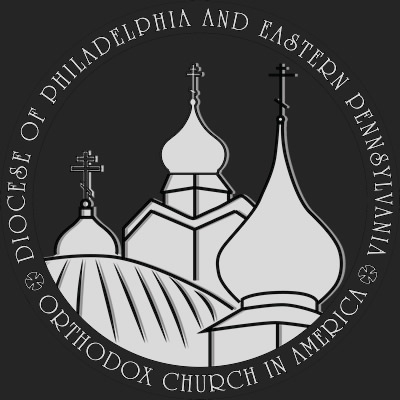This Sunday marks the beginning of the Lenten Triodion in which we hear the lesson from the Gospel of St. Luke Chapter 18 verses 10-14, the story of the Publican and the Pharisee.
It is the story of a self-righteous Pharisee who brags in his prayer that he has donated, supported, and lived a very comfortable life, obeying the rules, but thinking he is a perfect example of a righteous man. His words explain his condition best, “I thank you Lord that I am not like other men…I fast twice a week and donate a tenth of my income…” In other words, he felt as if there was nothing else necessary for him to do and that he was righteous.
The Publican, or tax collector, on the other hand, could barely lift up his eyes in prayer to God, ashamed of his life and his dealings with people. “Lord, I am ashamed to come to the temple. How can I even talk to you. You know how I have taken advantage of people, forgive me and have mercy on me and help me make a new beginning…” We quickly learn towards the end of the story that Jesus praises the repentance of the Publican and condemns the self-righteous pride of the Pharisee.
This gospel lesson is a serious challenge to us Christians, for often we can assume a superior attitude towards others because we are Christians. Pharisaic pride is one of the most dreadful and also one of the most infectious diseases of Christianity. You can say that the figure of the Pharisee confronts us with a shocking revelation of the sin, sometimes which afflicts Christians, “the sin of us who have subtly made in many instances our faith, a sign of virtue and given it the unpleasant smack of privilege”. That is why Jesus in this story from Luke is warning us to be repentant, truly repentant and to be humble and contrite, to have a penitent heart which makes no claims or proclamation before God, but recognizes its total dependence on Him as a fragrant sacrifice to Him, even if it belongs to a person regarded by others as a sinner.
Remember Christ came to save those who were lost. The heart of the Publican’s prayer is an appeal, filled with trust, to the goodness and the tenderness of God, “God be merciful to me a sinner”. Therefore, let us avoid the ungrateful prayer of the Pharisee and his boastful words and embrace the humble prayer of the Publican, trusting in the tender mercy and the favor of God.




